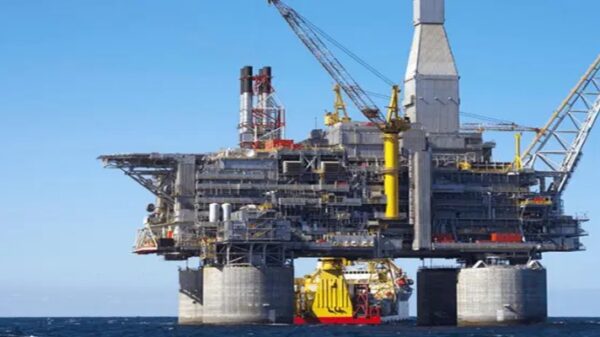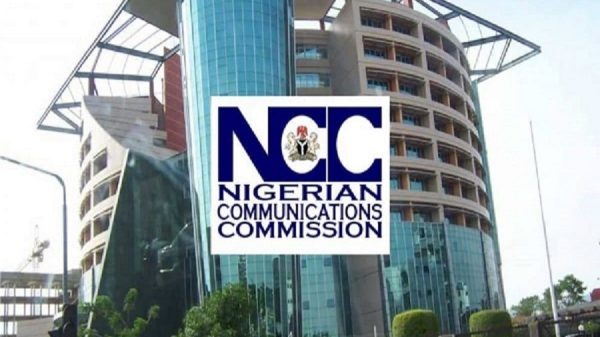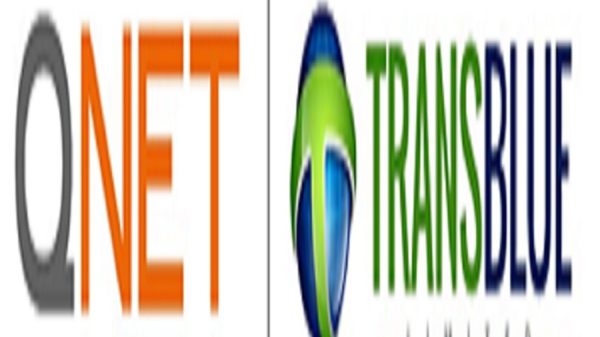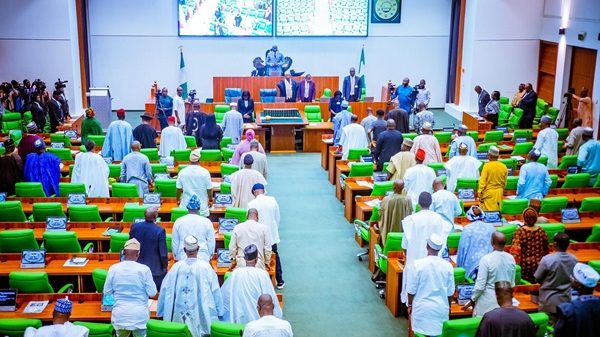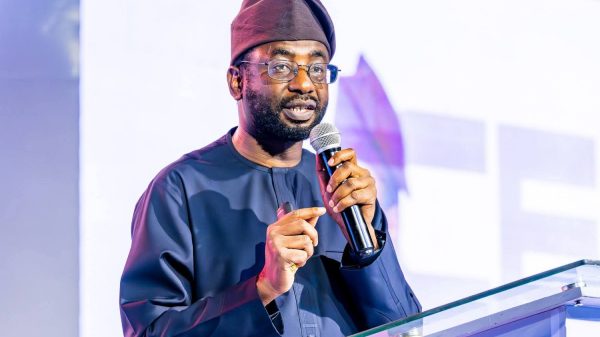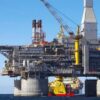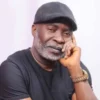Nigeria has emerged at the forefront of efforts to integrate hydrographic development across Africa, leveraging its growing national capacity to drive regional collaboration, data sharing, and blue economy innovation. This was underscored at the African Cooperation Seminar on Hydrography, Oceanography, and Marine Cartography, held in Casablanca, Morocco, from 8 to 10 October 2025.
Delivering a paper titled “Progress Made in Hydrography and Marine Cartography in Nigeria,” the Hydrographer of the Federation and Chief Executive Officer (HoF/CEO) of the National Hydrographic Agency (NHA), Rear Admiral Ayo Olugbode, outlined Nigeria’s strategic contributions to global and regional hydrographic advancement.
He revealed that Nigeria had contributed 85,385 square kilometres of bathymetric data to the joint IHO/International Oceanographic Commission (IOC) GEBCO – General Bathymetric Chart of the Oceans Seabed 2030 project, reinforcing its leadership in data-driven ocean governance.
Rear Admiral Olugbode also disclosed that the International Centre for Electronic Navigational Charts (IC-ENC) had approved the establishment of the West African Regional Office and Training Centre in Nigeria, further positioning the country as a hub for hydrographic excellence and maritime capacity-building in the region.
“The NHA remains committed to advancing hydrography as a foundation for maritime safety, environmental stewardship, and the blue economy,” he stated, reaffirming Nigeria’s role in championing regional collaboration and innovation.
He expressed appreciation to the Kingdom of Morocco, the Royal Moroccan Navy, and international partners such as the IHO, SHOM, and PRIMAR for hosting the high-level forum, adding that Nigeria would continue to “drive hydrographic innovation as a catalyst for Africa’s maritime resilience and bright blue economic future.”
The seminar organised under the auspices of the Royal Moroccan Navy brought together top policymakers, defence officials, and technical experts from across Africa and partner institutions. Among those who addressed the gathering were Morocco’s Minister Delegate for National Defence, Rear Admiral Mohamed Tahin; IHO Technical Director, Dr. John Nyberg; Captain Mostaf Tafrhy, Head of the HOC Division; Mr. Pierre Yves Dupuy, Director of Institutional Missions and International Relations at SHOM; Mr. Abdellatif Loudiyi, Minister Delegate to the Head of Government in charge of National Defence Administration; Mr. Nizar Baraka, Minister of Equipment and Water; Ms. Zakia Driouich Sebbata, Secretary of State in charge of Maritime Fisheries; Mr. Joseph Bukari Nikpe, Minister of Transport of the Republic of Ghana; Mr. Hans Christopher Lauritzen, Director of the Regional Centre for Electronic Navigational Chart Distribution; and Prof. Jamal Machrouh, Senior Fellow at the Policy Centre for the New South.
Discussions during the three-day event revolved around strengthening African–Atlantic cooperation in hydrography, oceanography, and marine cartography. Nigeria played a leading role by advocating for the adoption of Regional Marine Spatial Data Infrastructures (MSDI) to underpin maritime safety, environmental sustainability, and infrastructure development, including the Nigeria–Morocco Transatlantic Gas Pipeline project.
Other presentations included contributions from Mr. Mohammed Benzaria, General Director of OMCO subsidiary at the National Office of Hydrocarbons and Mines, on the Africa–Atlantic Gas Pipeline project; Mrs. Sanae El Amrani, Director of the Ports and Maritime Public Domain Department, on the activities of the National Coordination Committee for Hydrography, Oceanography, and Marine Cartography (CNCHOC); Dr. Mohamed B., Director of the Higher Institute of Maritime Studies, on a Category B Hydrography Course certified by the IHO; Mr. Mohamed Najih, Director of the National Fisheries Research Institute, on the CNCHOC’s recent work; and Mr. Anas Chokairi, from the Directorate of Scientific Research and Innovation, on the “All-Atlantic Alliance” training initiative.
Delegates also visited the Moroccan Navy Hydrographic Ship, BHODar-al-Beida, to observe advanced survey systems and exchange technical expertise.
At the close of the seminar, participants endorsed key recommendations, including enhanced IHO capacity-building programmes, increased cross-expertise missions among regional states, and greater national contributions to the IHO/IOC GEBCO Seabed 2030 project. Nigeria’s joint training initiatives with Morocco drew widespread commendation, strengthening bilateral ties and reinforcing the goal of establishing a Regional Hydrographic Training Centre of Excellence.
The discussions further recognised the contributions of Mr. Hicham Moudni, Morocco’s Head of the Maritime Affairs Service within the National Defence Administration, whose coordination exemplified the growing synergy among African states towards collective maritime advancement.
![]()



